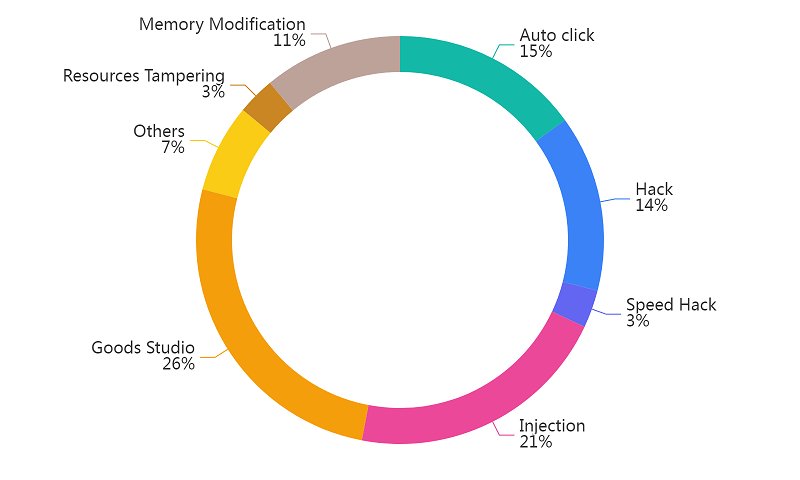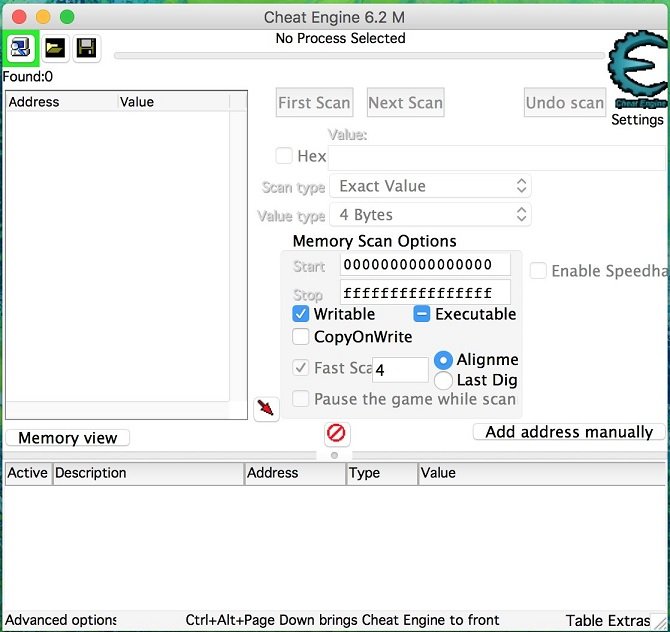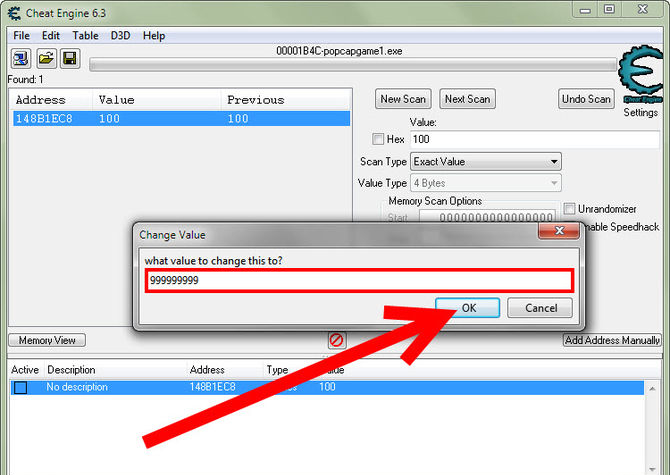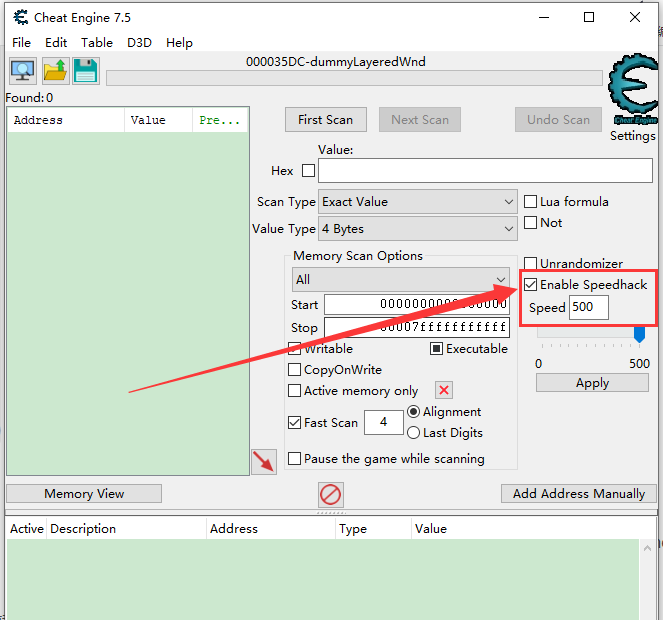According to data statistics, among the numerous security risks faced by games, cheat engine attacks account for approximately 11%. As game security countermeasures advance, this proportion has shown a declining trend year by year. However, in certain gaming scenarios, cheat engines can still pose a serious threat to game security.

Proportion of Gaming Security Risks
Numerous types of modifiers exist on the market, and they are present across different systems. In this article, we will analyze the principles of the Cheat Engine modifier through case studies and explore solutions for cheating in emulator scenarios.
Cheat Engine (abbreviated as CE) is a powerful in-game memory editor. It can scan game memory and perform operations such as modification and locking. It also includes features like a debugger, disassembler, assembler, speed changer, and system check tools.

Cheat Engine Modifier Interface
Memory scanning is one of Cheat Engine's primary features. By repeatedly scanning, it locates memory addresses within the game. Once a memory address is confirmed, it can be edited, locked, or otherwise manipulated.
For example: By locating a game character's health points and locking that memory location, one can achieve an “invincibility cheat.” Modifying a character's attack power within the game can enable an “instant-kill cheat,” and so on.

Cheat Engine Memory Modification
Beyond memory modification, Cheat Engine also features built-in speed hack features. By hooking game-related functions, it can alter gameplay speed to achieve global acceleration or deceleration.

Cheat Engine Speed Hack Features
Additionally, Cheat Engine includes a “cheat table” feature. This allows users to export/import stored memory addresses, Lua scripts, and code locations as .CT files. Cheaters can share or download mods within the Cheat Engine community, lowering the barrier to entry and contributing to the proliferation of mod-based cheating.

A cheat feature shared by the Cheat Engine community
In recent years, we have observed a significant trend toward high-level cheating using Cheat Engine, with some cheaters modifying mobile games running on PC emulators through this tool. This high-level cheating bypasses traditional detection methods, making detection and investigation more difficult. Compared to mobile platforms, PC environments offer greater access to system privileges. Cheat Engine can be combined with other tools to debug and analyze games while concealing its own presence.
To address the challenge of game modifiers, JikGuard has developed a specialized countermeasure. This solution has been integrated into multiple popular games and has demonstrated outstanding protection capabilities.
Anti-memory modification features
To address the risks of game modifications posed by cheats, JikGuard has developed a behavioral detection solution. Paired with an intelligent sensing system featuring over 300 dimensions, it effectively neutralizes all types of cheats and their variants, delivering robust protection.
Proactive Malicious Module Detection Mechanism
Unlike other security products on the market that require obtaining samples before combating cheats, JikGuard's exclusive “Proactive Malicious Module Identification Mechanism” actively detects suspicious modules within games. Combined with its online countermeasure features, it enables proactive defense, significantly reducing the time required to identify and eliminate cheats.
Anti Speed Hack Features
By employing more fundamental detection methods and extensive real-device testing, any transmission and its variants can be detected. Upon detecting transmission switching, the game will immediately crash.







